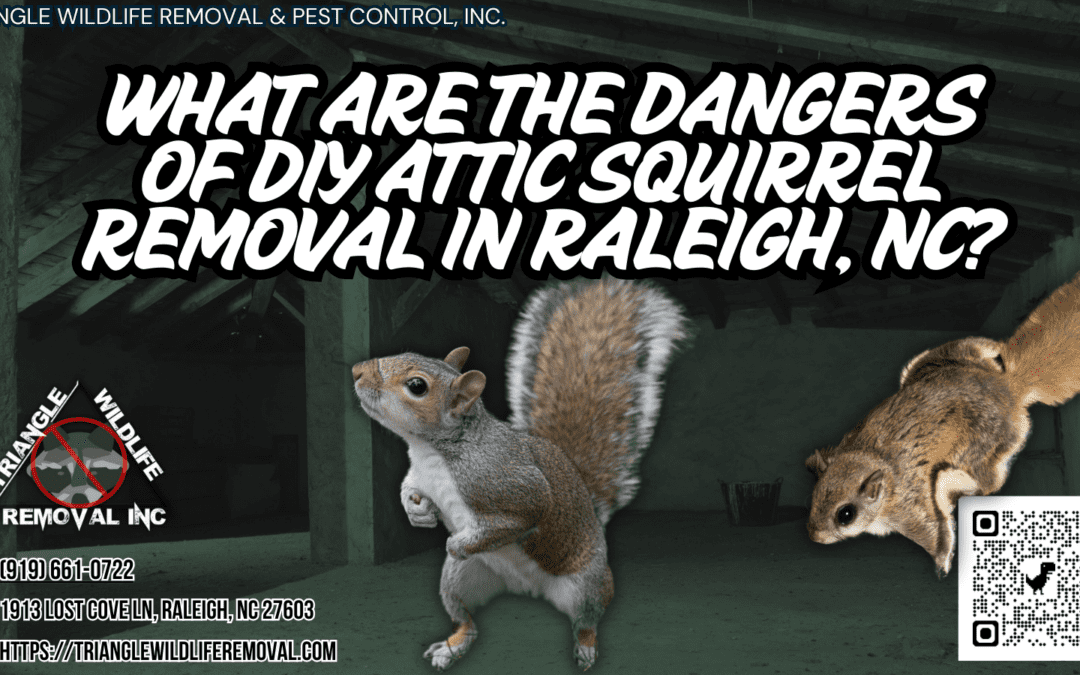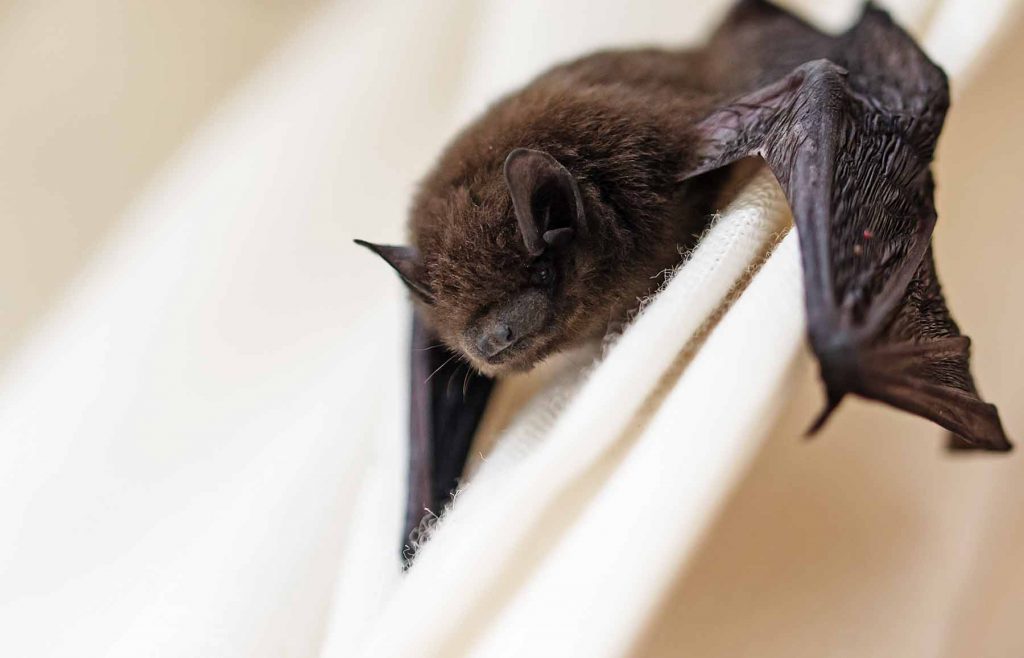When faced with the presence of squirrels in the attic, the instinct to tackle the issue independently may arise. However, the dangers of DIY attic squirrel removal extend beyond the task at hand. From physical risks to potential health hazards and even legal consequences, the decision to handle squirrel infestations without professional assistance can lead to unforeseen complications. Understanding these risks is crucial in making informed choices when dealing with wildlife intrusions in residential spaces.
Key Takeaways
- DIY squirrel removal poses physical, health, and legal risks.
- Squirrels in attics cause property damage like insulation and wiring destruction.
- Professional removal services offer safe, cost-effective solutions.
- Prioritizing safety, expertise, and compliance is crucial in managing squirrel infestations.
Physical Risks of DIY Squirrel Removal
Engaging in DIY squirrel removal poses significant physical risks to individuals attempting this task without proper training and equipment. When dealing with squirrels in attics or other enclosed spaces, safety precautions must be a top priority. Without the right knowledge and gear, individuals may be at risk of bites or scratches from scared or trapped squirrels. Additionally, climbing ladders to access high areas where squirrels may be nesting can lead to falls and serious injuries.
While some may opt for DIY methods such as using traps or deterrents to remove squirrels, these approaches can also be hazardous. Mishandling traps can result in accidental injuries, and using repellents without proper precautions may expose individuals to harmful chemicals. Moreover, attempting to seal off entry points without understanding squirrel behavior patterns can lead to ineffective results and continued infestations. To ensure personal safety and effective squirrel removal, it is advisable to consult with professionals who have the expertise and equipment to handle these situations safely.
Health Hazards Associated With Squirrel Infestations
When addressing squirrel infestations in attics, it is crucial to be aware of the potential health hazards associated with these situations. Squirrels can pose risks to both air quality and disease transmission, making it important to address infestations promptly and effectively.
To highlight the health hazards of squirrel infestations, here is a table outlining key points:
| Health Hazards of Squirrel Infestations | Effects |
|---|---|
| Poor Air Quality | Squirrel droppings and urine can contaminate the air, leading to respiratory issues. |
| Disease Transmission | Squirrels can carry diseases such as leptospirosis and salmonellosis, posing infection risks to humans. |
| Allergies | Squirrel dander and fur can trigger allergic reactions in sensitive individuals. |
| Parasites | Squirrels may introduce fleas, ticks, or mites into the attic, increasing the risk of parasite infestations. |
Maintaining a clean and squirrel-free attic is essential for safeguarding both the air quality within your home and preventing potential health concerns related to disease transmission and allergies.
Property Damage Caused by Squirrels in Attics
Squirrels in attics can cause significant property damage through gnawing on wood, insulation, and electrical wiring. This damage can lead to costly repairs and pose safety risks to homeowners. Here are some specific ways squirrels can damage properties:
- Insulation Damage: Squirrels often rip apart insulation in attics to create nests, reducing the energy efficiency of the home and increasing heating and cooling costs.
- Wiring Destruction: Gnawing on electrical wiring poses a fire hazard and can result in electrical malfunctions or outages, putting the entire household at risk.
- Structural Compromise: Constant gnawing on wooden beams and supports can weaken the structural integrity of the attic and even other parts of the house over time.
- Nesting Materials: Squirrels gather various materials like leaves, twigs, and paper for their nests, which can clog gutters, vents, and other essential parts of the house, leading to additional maintenance issues.
It is crucial to address squirrel infestations promptly to prevent these damages and maintain the safety and integrity of your property.
Legal Implications of Handling Wildlife Without a Permit
Handling wildlife without a permit can have serious legal implications. In many places, including the United States, wildlife is protected by laws that require permits for handling, trapping, or relocating animals. Squirrels are often considered wildlife, and interfering with them without the necessary permit can result in fines or legal action. Permit requirements vary by location and the type of wildlife involved, but it’s crucial to research and adhere to these regulations to avoid liability risks.
Without the proper permits, individuals risk violating local, state, or federal laws designed to protect both wildlife and people. In addition to legal consequences, attempting to handle wildlife without a permit can pose risks to personal safety and the well-being of the animals. By bypassing permit requirements, individuals may inadvertently harm the ecosystem or cause unintended harm to the animals they are trying to remove. Therefore, it is essential to respect and follow permit regulations to ensure the safe and legal handling of wildlife.
Importance of Professional Squirrel Removal Services
Engaging professional squirrel removal services ensures the safe and effective management of wildlife intrusion in residential or commercial properties. When considering the importance of professional squirrel removal services, several key factors come into play:
- Expertise: Professional services have the knowledge and experience to effectively remove squirrels from attics or other areas without causing harm to the animals or the property.
- Safety: Professionals use safe and humane methods to handle squirrels, reducing the risk of injuries or accidents during the removal process.
- Cost-effective solutions: While DIY attempts can lead to additional costs due to damages or incomplete removal, professional services offer cost-effective solutions that address the root of the problem.
- Sustainable practices: Professional squirrel removal services often focus on sustainable practices that not only remove the current intruders but also prevent future infestations, promoting long-term solutions for wildlife management.

